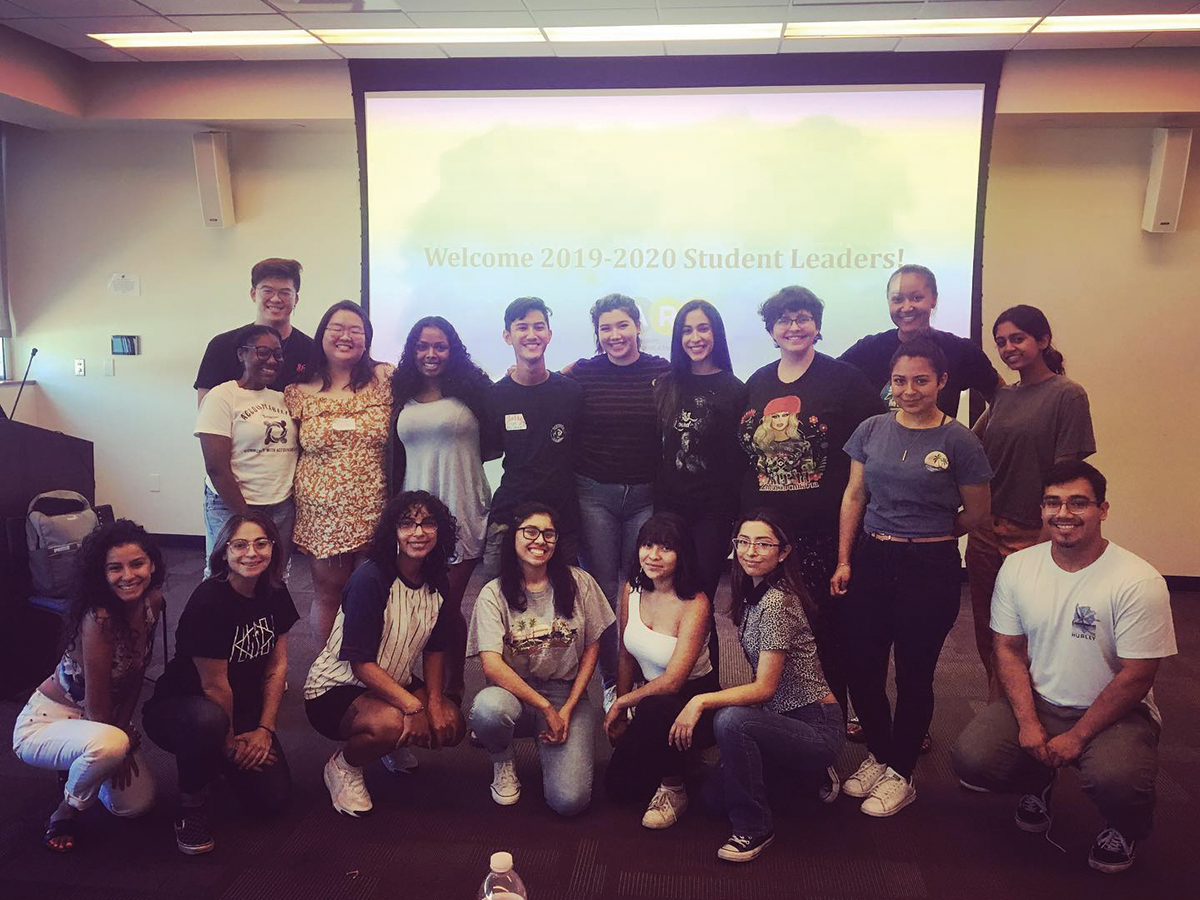On Tuesday, Oct. 22, the Dean of Students office, CARE and Title IX piloted their conversation series focused on Sexual Violence and Sexual Harassment (SVSH) policy, prevention, response and student support at UCR. It was a space for students to come in and get to know the people behind the policy set in place to keep them safe on campus. This talk focused on prevention education and served as a place for students to learn more about the resources that are available to them if they are ever victims of sexual violence, harassment or if they ever need to report to Title IX.
In an interview with The Highlander, CARE Director Karla Aguilar said the purpose of this conversation series was for “students to engage in conversations around what’s happening with policy and also ask questions around what it is and how it works.” Typically, students receive this type of presentation during their freshman orientation but Aguilar stated that she wanted to create a community space for students to talk to pro-staff on campus “in a way that doesn’t feel so formal.”
Aguilar hopes that through this series, students are empowered to ask questions about policy changes on sexual violence and harassment matters that affect UCR. Aguilar stated that CARE’s mission “is really to educate, advocate and empower on campus.”
During the presentation, Dawnita Franklin, assistant coordinator and senior Title IX investigator, spoke to the group about what her office does as well as some of the changes that were recently made to the Title IX policy this year. According to Franklin, Title IX is “a comprehensive federal law that prohibits discrimination on the basis of sex in any federally funded education program or activity. It prohibits gender discrimination, including sexual harassment and sexual violence.” Franklin informed the group that her office is committed to fostering a campus climate in which all members are protected from all forms of sexual violence and harassment.
This year, some of the changes made to the Title IX policy include: changes of prohibited conduct which now includes sexual assault, relationship violence and retaliation, a more detailed description of a party’s rights in the Alternative Resolution process, extension of the timeframe for the formal investigation process from 60 to 90 days and provision for the Title IX officer to initiate investigation under certain circumstances despite the absence of an identifiable complainant. Franklin stated that “You never know when you will be a part of an SVSH matter, so having the knowledge and understanding what the process is important.”
At the end of the presentation, attendees were encouraged to ask questions and provide feedback on how they can make these discussions better. Dr. Christine Mata, the dean of students, told The Highlander that “these are difficult areas to soften the image because they are so policy and process heavy,” but they are working towards demystifying these processes through these conversations.
CARE, the Dean of Students office and Title IX are piloting the series during the fall and hope that with a positive response from student feedback, they will be able to continue having these conversations more frequently.








